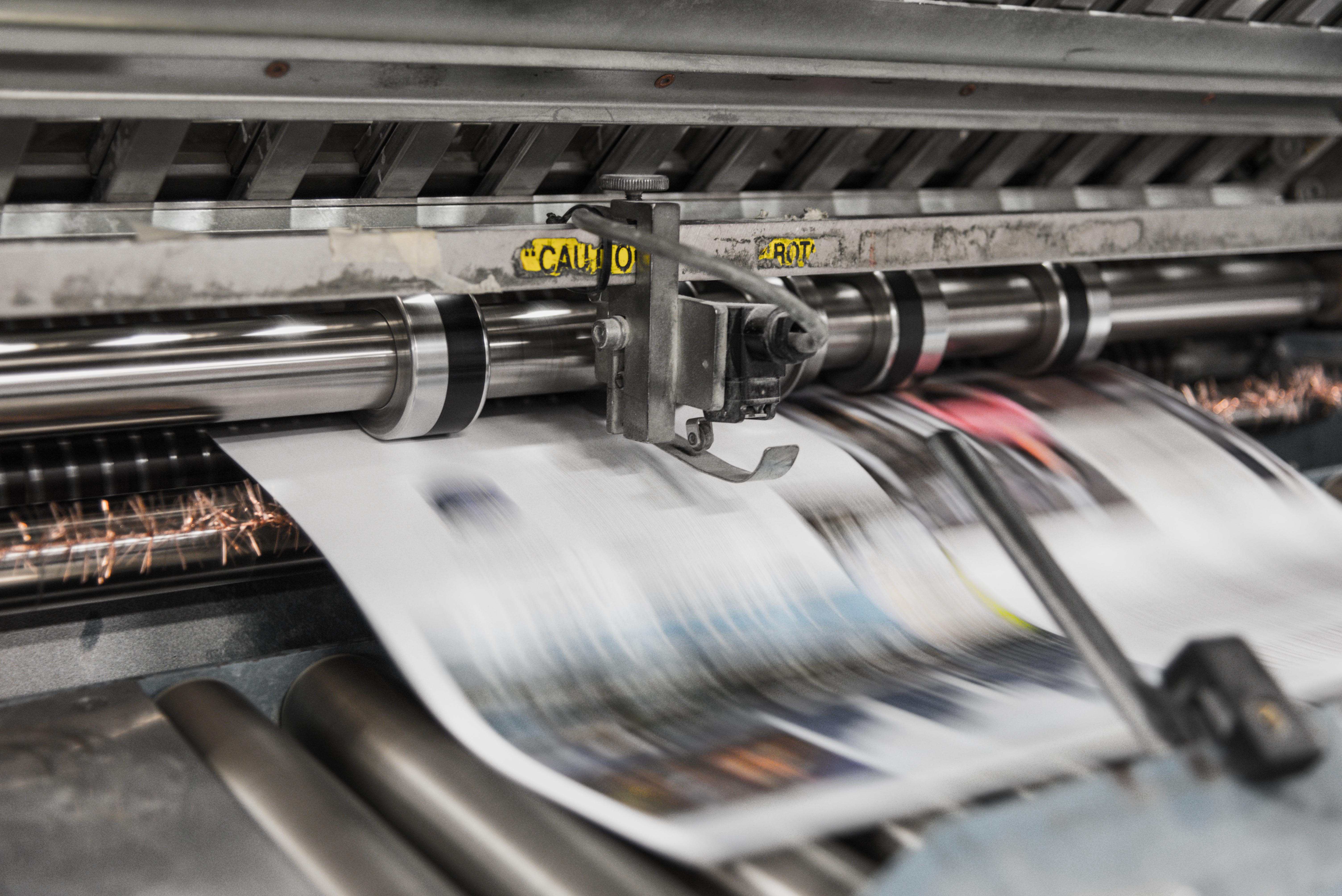Sometimes it takes deeply shocking events to remind us why we need certain social institutions to work freely and effectively.
We’re now not just having a pandemic, but we’ve also had a drought and a catastrophic bushfire season to underscore – in red ink – just how important it is to have a well-resourced and genuinely free media that does its job with professionalism and integrity.
In each of the crises from the Summer of Hell, the most valuable thing of all – the thing that saves lives and limits the crises – is consistent high-quality information.
This is not to suggest that good information alone will quench the flames or resuscitate a patient, but it alerts those at risk of a looming emergency; it tells us of escape routes and strategies likely to keep us safe. It keeps us abreast of the latest science, the judgments of experts and the experience of others. It informs policy and alerts us to the plans and strategies of government, and when we use it to measure the decisions of our political leaders, it helps us hold them to account.
But that won’t work unless we, the public, trust the integrity of information, and the sources it comes from. And this, at its most basic, is what the Alliance for Journalists’ Freedom is fighting for.
At times like this, a government’s instinct is for control of everything including the messaging. Proponents, generally in weak democracies or dictatorships, call it ‘crisis journalism’, where journalists suspend their usual scepticism, and line up behind officials to support rather than question the government’s line. The idea is that anything that undermines or contradicts official information erodes trust in our government and its agencies and damages our collective capacity to tackle the virus.
It is a seductive idea. I recall hearing it in Egypt, when President Abdel Fattah el-Sisi issued menacing statements urging the media to become patriots and support his administration in its fight against “terrorism”. The media is now so cowed and compliant that it has become little more than a mouthpiece for propaganda, and Egyptians now have more faith in social media posts than the newspapers or broadcasters.
To be effective, journalists need to maintain their scepticism and independence, to uphold their democratic role as watchdogs over government making sure that it operates effectively and ethically. But it also means ditching some of the cynically desperate measures some of our news organisations have been adopting in a bid to grab eyeballs and hold on to shrinking revenues.
There has been excellent reporting in Australia, on the bushfires, the drought and now the coronavirus. But we’ve all seen the outrageously sensational reporting, clickbait headlines based on the flimsiest of information, rumours reported as news, and the most extreme scenarios covered as if they are imminent.
The UK-based First Draft News, dedicated to issues of truth and trust in journalism, has published a best-practice checklist for coronavirus reporting. (Readers would do well to apply the list to their own reading.) It includes:
- Avoid sensationalist language that could cause elevated levels of fear
- Avoid stock images that feed stereotypes or cause more panic
- Avoid speculating about worst-case scenarios
- Talk to more than one expert
- Remember that not every rumour deserves coverage
This matters for the immediate crisis, of course, but it also matters in the long run. Now more than ever before, news organisations are struggling to survive. The digital revolution has shredded their finances, with Google and Facebook harvesting the vast bulk of advertising revenue that used to underwrite good, independent journalism.
Now, despite a shift to subscriptions by some publications, many stories still generate income through clicks online. Ad-funded models for journalism punish the sober, thoroughly fact-checked, in-depth reporting we need, and reward the kind of cheap, gossipy click-bait that we clearly don’t.
At the weekend, an online headline in London’s Evening Standard declared: “Calls for government to save newspapers and magazines from ‘existential threat’ of COVID-19 by recognising journalism as public service.”
How we pay for that service, in a way that insulates it from both political influence and unhealthy commercial pressure, is a debate we are yet to have. And it will only happen if journalists win the trust of the public they are supposed to be serving in the first place.
At a time of crisis, we need our institutions – all of them from government on down – to work effectively. The media is an essential part of that system, and it must have the freedom to act independently, but also act responsibly.
Peter Greste is a founding director and spokesperson for the Alliance for Journalists’ Freedom, and the UNESCO Chair in Journalism and Communication at the University of Queensland.
This piece was originally published in SMH.
Photo credit: Unsplash


